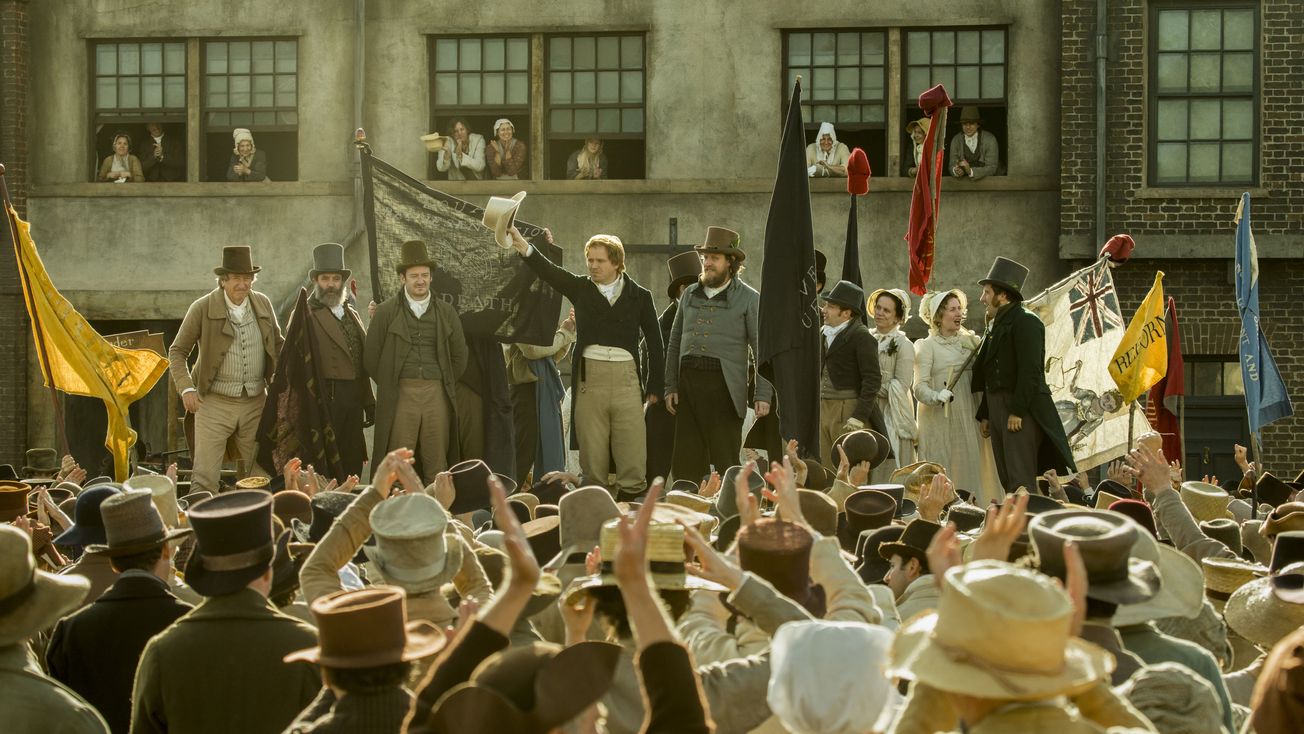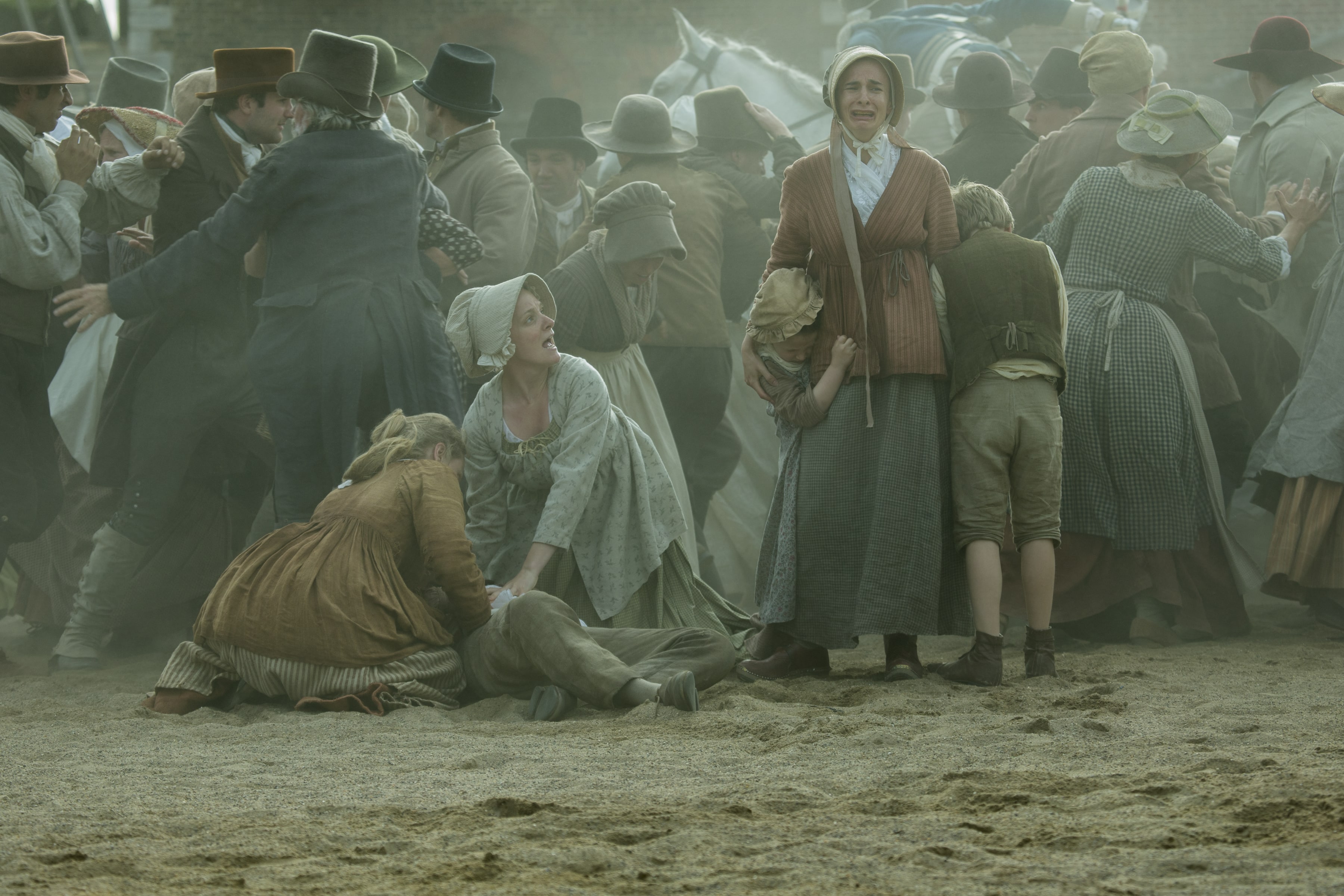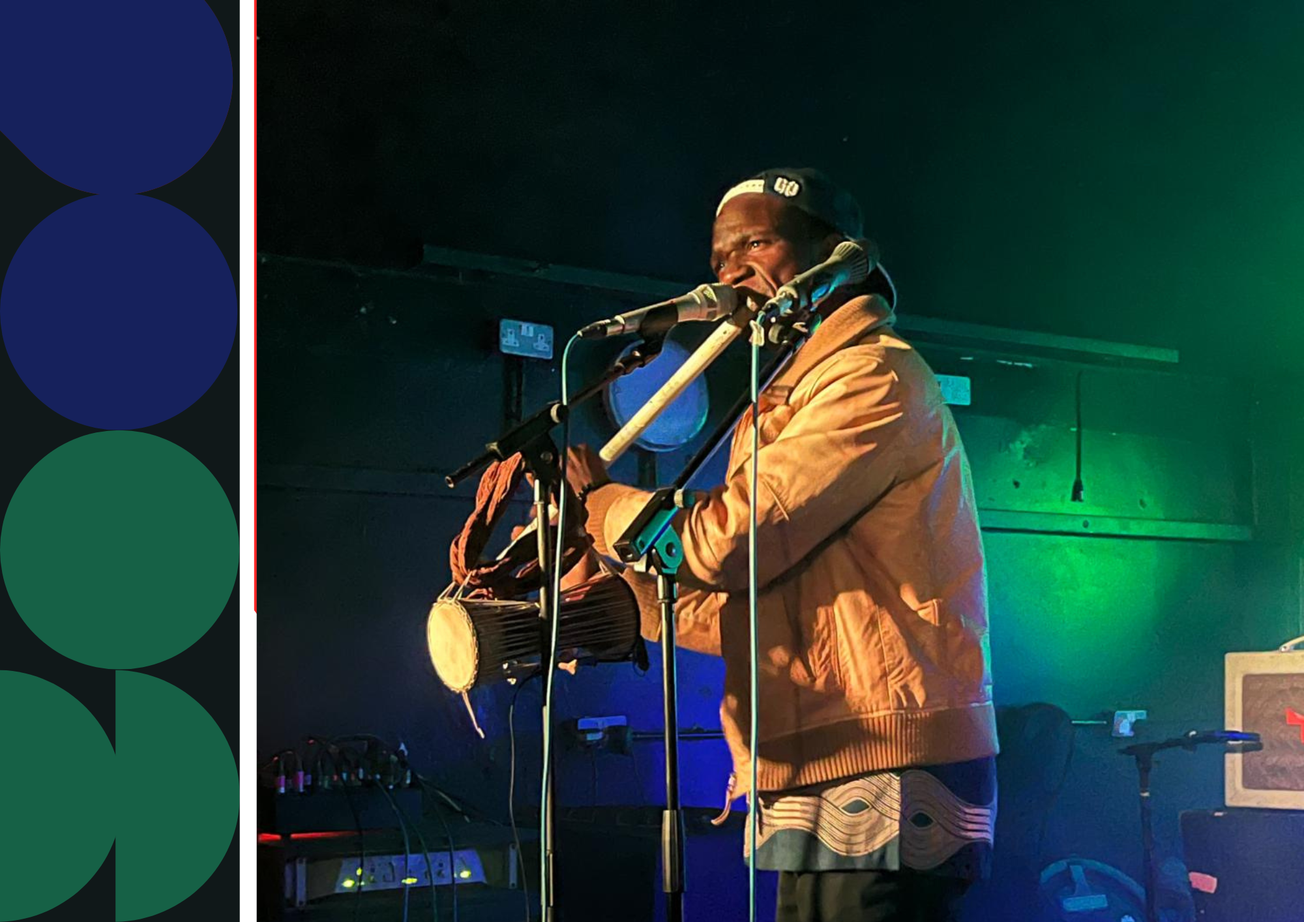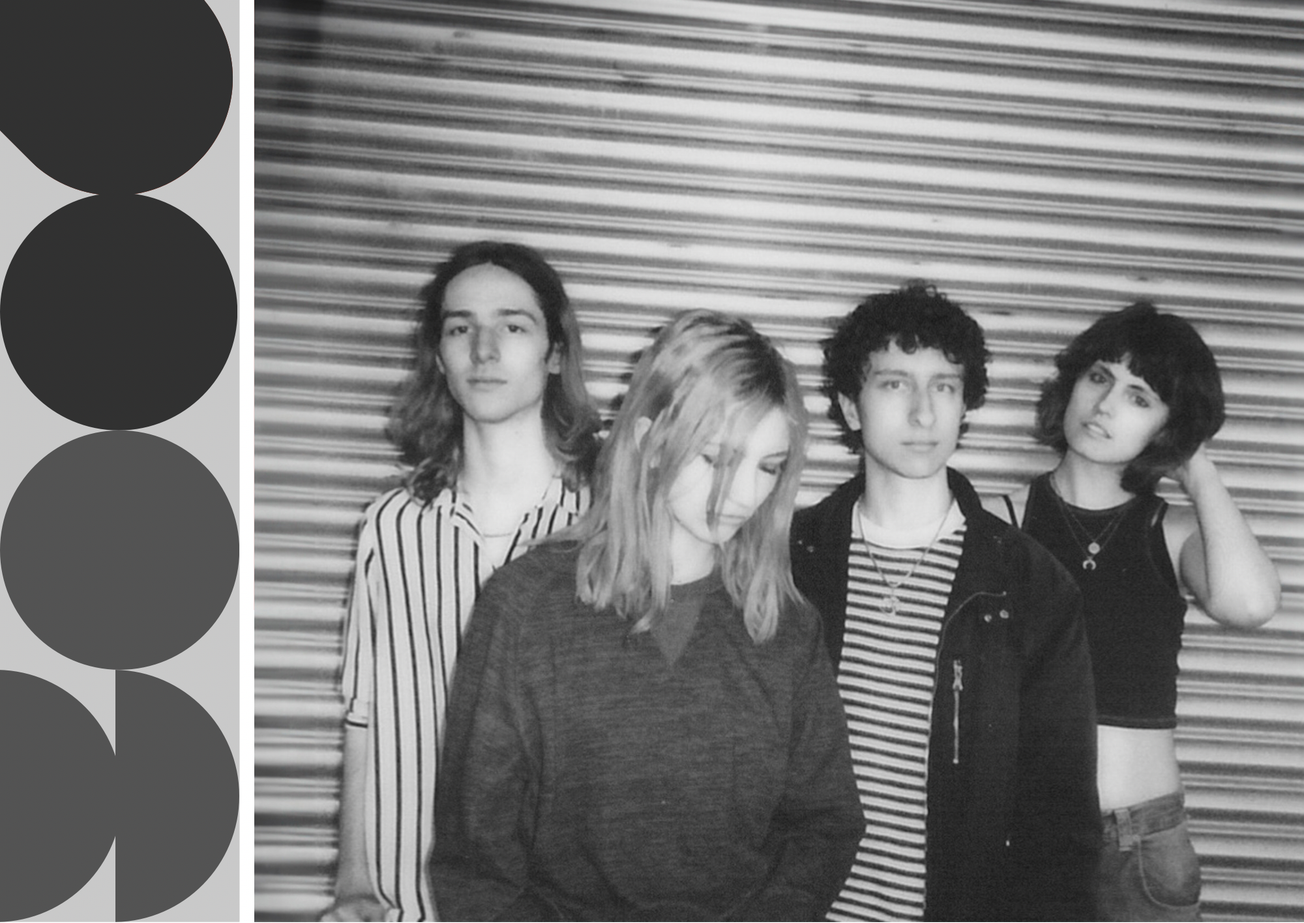By Louie Bell, First Year Geography
British director Mike Leigh brings to screen the 19th century tragedy, which has been majorly overlooked in recounting of the period.
The story of Peterloo is one that has been brushed over by history, and as a result has been overlooked in cinema. The Peterloo massacre took place in Manchester in 1819, whereby a crowd of 60,000 peaceful protesters was charged by the cavalry, resulting in chaos, trampling and the deaths of 18 people, four of them children.
It follows then, that if ever a film had to be made - in order to bring a key, historical moment to the forefront of public knowledge, and to pay respect to those who died as a result - it is Peterloo. Director Mike Leigh, whose other works include Vera Drake (2004) and Mr Turner (2014), lets the film unfold slowly, exploring the massacre through an ensemble cast, all of whom unite at the climax.
Youtube / Entertainment One UK
Leigh seeks to immerse us in the starkly contrasting worlds which separate the characters. Cinematographer Dick Pope’s extensive use of shadow and light define the contrast between poverty and abundant wealth. The green and brown colour palette makes the dirt and grime of the terrible working and living conditions all the more tangible to the audience.
Whereas, the perspective of the pomp and the wealth of the governing classes seems more like a dreamlike haze - a world unimaginable to the vast majority of the people. Leigh’s intentions are clear: to visually realise the divisions of class and to draw the line between the wealth and destitution of the early 19th century.
What a shame, therefore, that the film fails to execute almost everything Leigh aspires to achieve. A two and a half hour runtime is not uncommon nowadays for a film of its sort, but Peterloo is too sparse and too detached from the central characters. The result is overlong, overcrowded and unengaging.
Watershed / Peterloo
It is packed with rousing, revolutionary speeches, but after the first two it simply becomes boring. The camera hangs on the actors far too long, cutting away only to see the reactionary cheers of the crowds. This formula is repeated over and over throughout the course of the film. The extensive political rhetoric that the characters orate becomes hard to follow and is simply too exhausting and repetitive to keep our focus.
The quieter, more personal moments are the more effective parts of Peterloo as they provide an insight into the close-knit, working-class family bond which Leigh wants to explore. These moments are few and far between however, and much of the film is filled by the endless garble of the Lords. Despite furthering our understanding of their prejudices against the working classes, it feels desperately overstretched and unnecessary to the progression of the story.
Some aspects of Peterloo shine through however. The cast is fantastic, with the likes of Maxine Peake as Nelly, a ferocious hard worker and the driving force behind her family, and Rory Kinnear, portraying the orator Henry Hunt. Kinnear plays him as an inspiring figure above a crowd, but awkward, unlikeable and impatient when face to face with the working men and women by whom he is seen as an icon. Tim McInnerny’s performance as the greedy, lazy and incompetent Prince Regent also entertains, his face garishly made up, contorting and wheezing atop his enormous body.
This is an artist's impression of Manchester's memorial to those who died in the Peterloo Massacre. It's being unveiled near Manchester Central next August, on the 200th anniversary of the political protest. The names of the people who died will be engraved on the structure. pic.twitter.com/36ELxjzk1q
— BBC Radio Manchester (@BBCRadioManc) November 1, 2018
Twitter / @BBCRadioManc
The climax of the film is without a doubt its finest period, interweaving all the characters through the horror that ensues before their eyes. Leigh builds tension as the pace of the film finally picks up, his camera kept low, deep within the crowd, meaning we see little other than what the victims themselves would have seen.
This is a film that should grasp the audience by the scruff of the neck in and shock them with the truth of one of the worst tragedies of British history. It may respect the historical accuracy of the Peterloo massacre, but is a dull, overlong and tiresome work. There’s nothing worse than going into a film like this, expecting to be infuriated by the real injustice it highlights, only to be sighing with relief when the credits roll. For that it is deeply frustrating.
Despite all this, however, it will certainly bring the Peterloo massacre to some desperately-needed modern attention, which is by no doubt a commendable achievement in itself.
Peterloo is showing at Watershed until Thursday.
Featured Image: Watershed / Peterloo
Had you heard of the Peterloo massacre before the film?
Facebook // Epigram Film & TV // Twitter










